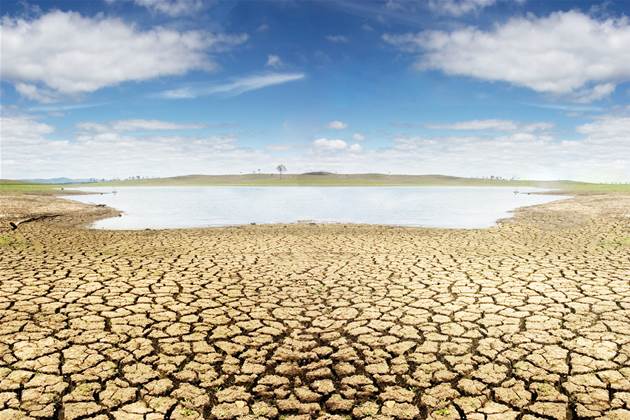Rural Australia's unique challenges mean that rural business leaders often relate more to the struggles abroad than to those of the nation’s capital cities.
Julia Spicer, director at Engage & Create Consulting, working with rural and remote Australian communities, and CEO at Eco-Markets Australia is an Australian delegate at this year’s Global Entrepreneurship Congress, hosted in Riyadh, Saudi Arabia.
She told Digital Nation Australia that the fundamental challenges facing rural and remote parts of the world mean that they are at different stages of their digital transformation journeys, due to the critical nature of responding to harsh climate conditions such as droughts and floods.
“At this conference, I've talked with people from Uganda, South Africa, Cameroon. I feel I have more in common with some of the delegates from some of the African nations than I do some of the other delegates from Australia,” said Spicer.
“We’re dealing with connectivity, access to decent electricity, making sure people have food, making sure people have clean water. We're not probably talking about cutting-edge technology, or we maybe aren't talking about the gamification of something or other, because we're still trying to keep people alive.”
One of the biggest challenges for business leaders and governments is ensuring that rural communities don’t get left behind, she said.
“How do we make sure that we don't end up with this country of two groups, basically those that have access and ability to tap into everything, and then the rest of us that live in the middle somewhere?” she asked.
“It's easy to assume that we know everything when we have everything or have access to everything maybe. But making sure that when we are in a position to do something, that we really have done some of those human basic needs first around, are we solving the right problem for the right people in the right context?”
Covid: The great leveller
The pandemic acted as a leveller in Australia, forcing urban cities to relate to the plight of rural communities, she said.
“A lot of the concerns that more urban centres found as a result of Covid — losing their supply chain overnight, not having access to customers, completely beholden to decisions being made around them that were not theirs to control — it is a good way to compare what happens for rural areas through drought,” said Spicer.
“In terms of that business uncertainty, in terms of losing things, that is a lot of what it's like to be in a drought situation where, bit by bit, your economy is just getting turned off. It's death by a thousand cuts.”
Citysiders for the first time began to recognise the value of rural Australia, as agriculture was labelled an essential service, she said.
“People finally started to link food in the supermarkets to where it was coming from, and what happens if it can't be accessed. We 100 percent identified that our supply chains are appalling.
“All of a sudden, some of the things that rural Australia has been dealing with and challenging and finding expensive came to the front, and we were all impacted by that.”

Editor's Note: Velvet-Belle Templeman travelled to Riyadh, Saudi Arabia as a guest of MCI Australia to report on the Global Entrepreneurship Congress.


_(22).jpg&h=140&w=231&c=1&s=0)


_(23).jpg&h=140&w=231&c=1&s=0)



_(26).jpg&w=100&c=1&s=0)

 iTnews Executive Retreat - Security Leaders Edition
iTnews Executive Retreat - Security Leaders Edition












_(1).jpg&h=140&w=231&c=1&s=0)



